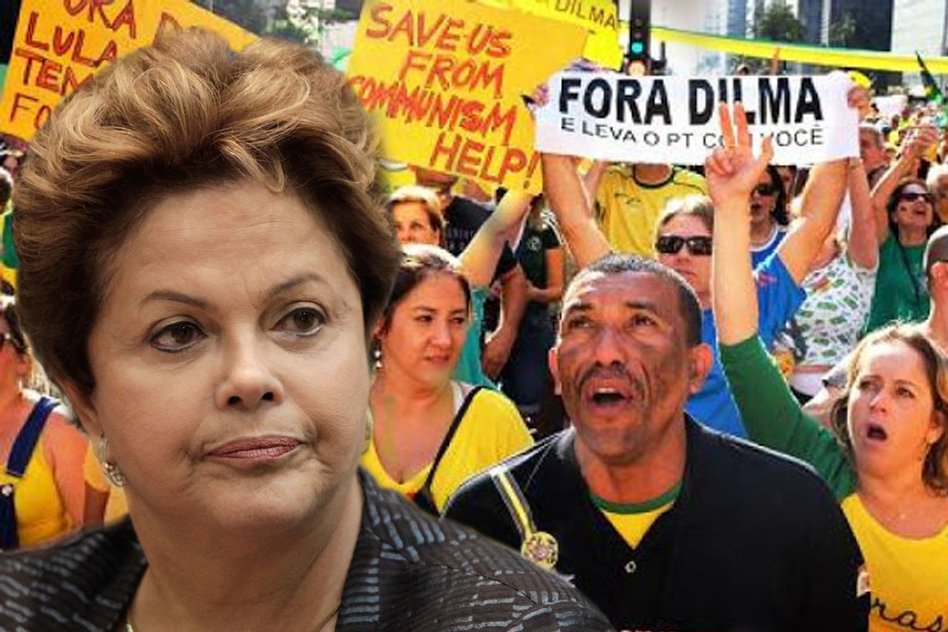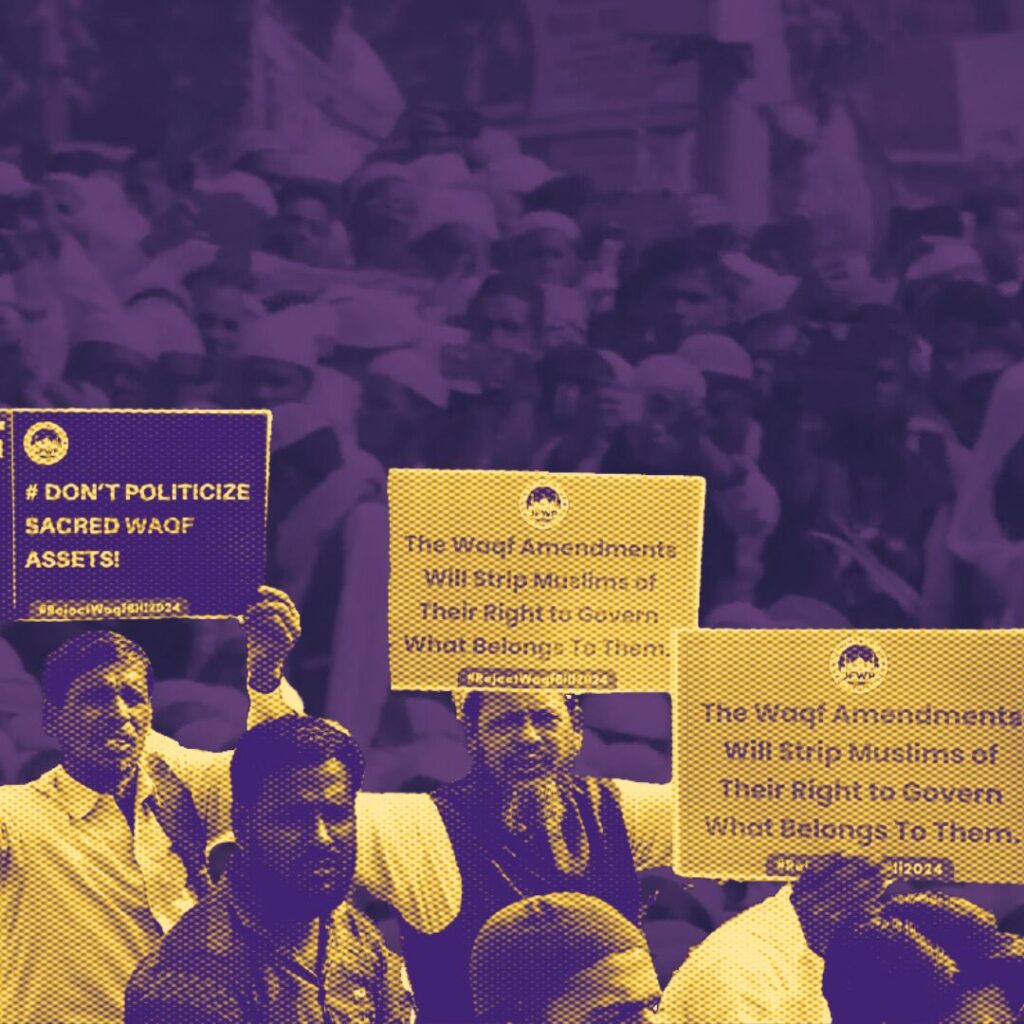Image Courtesy: blogspot cloudfront
Brazil is currently facing what is being described as the biggest corruption scandal in history. What began as an inquiry into the fraudulent dealings of a powerful oil company has evolved into a full-blown political scandal involving, among others, Brazil’s President and ex-President, Speaker of the Lower House, President of the Senate and main Opposition leader. The Petrobras scandal is shaking Brazilian politics – and dragging down its battered economy.
What is the Petrobras scandal?
Petrobras is a multinational energy corporation which is the largest company in Latin America. It is headquartered in Rio de Janeiro. The Brazilian government (directly and indirectly) owns 64% of Petrobras’ shares.
On March 2014, the Federal Police of Brazil launched Operation Car Wash to investigate Petrobras officials’ alleged money laundering. In March 2015, federal police arrested Paulo Costa, Petrobras’ former chief of refining. The police interrogated Costa over suspicions of money laundering. Seeking leniency, Costa confessed to much more than that. What transpired was a revelation which involved more than $4 billion: the largest corruption scandal in any democracy, ever.
Political involvement:
The current President of Brazil is Dilma Rousseff, who succeeded Luiz ‘Lula’ da Silva in 2011. Rousseff was Minister of Energy (2003-2005) in the Lula administration, and later Lula’s Chief of Staff (2005-2010). Most of the illegal dealings by the State-owned Petrobras occurred during Rousseff’s tenure as energy minister and Lula’s Presidency.
Rousseff is also facing impeachment proceedings and a Supreme Court investigation over fiscal mismanagement and possible campaign funding irregularities which might end up annulling her 2014 election to the Presidency (she is currently serving her second term after a narrow victory in 2014). Rousseff has denied claims that she violated the Constitution, saying that there is no concrete evidence to prove the allegations levied against her.
Last week’s developments:
In a series of events that would seem apt in a political thriller, three developments to the scandal resulted in three million Brazilians taking to the streets in protest:
President Rousseff appoints Lula – her predecessor, the President under whom she served as Chief of Staff – as her Chief of Staff.
Only hours later, a judge orders the release of a wiretap recording of Rousseff speaking to Lula.
A separate judge halts Lula’s appointment, saying it may be illegal.
Under Brazilian law, being a member of the Cabinet gives you a certain degree of legal immunity. Last week’s events have caused mass outrage in Brazil and have shaken the country’s political establishment. Even as Rousseff’s approval ratings plummet and two-thirds of the population reportedly want her impeached, she denies all the charges against her, adding that she hired Lula for his political expertise, not to shield him from legal proceedings.
The implications of the Petrobras scandal:
Years of macroeconomic stability, lowering income inequality and a slew of positive reforms by successive Governments cemented Brazil’s role as a regional power. However, it was woefully unprepared for the worst recession in a hundred years. Reeling under successive crises, Brazil’s economy shrank by 3.7% in 2015 even as it battled high inflation and unemployment. Meanwhile, Petrobras is planning to lay-off 12,000 employees as its profits and turnover continue to fall.
Rousseff’s Presidential term ends in 2019. The impeachment proceedings and corruption charges are separate but both pose a serious threat to her political survival. Several political parties – including the Opposition – are involved in the scandal. In the event that she is ousted, the Vice President would take over; but this is insufficient to save Brazil from its political crisis. The unsure state of the country’s largest oil company will only worsen its economy in the near future.
The fate of Rousseff, Lula, Petrobras and Brazilian democracy will be decided in the coming months. The only thing that is certain is that the Brazilian people are facing a long period of political instability and economic strife.










